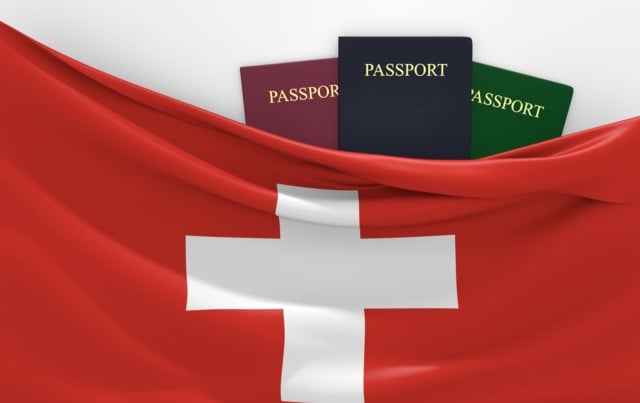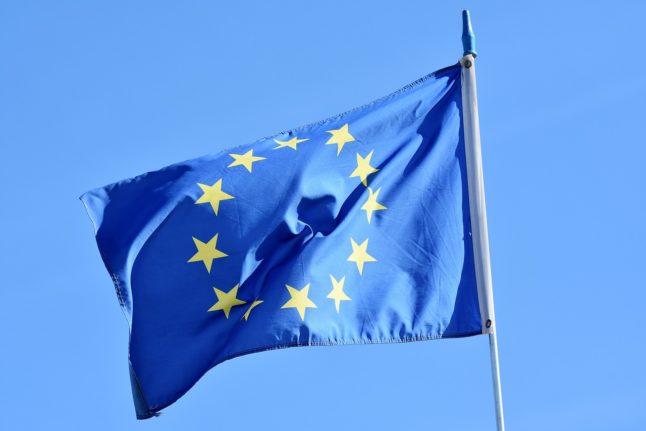Among these dual nationals, 64.4 percent became Swiss though naturalization while 36.6 percent obtained Swiss citizenship at birth, updated data from the Federal Statistics Office (FSO) published on Tuesday shows.
Among those who have obtained Swiss citizenship through naturalization, Italians are the largest group, making up 24.7 percent of the total. This group is followed by the French (around 11.2 percent of the total) and Germans, at around 7.8 percent.

On a canton by canton basis, more than 20 percent of permanent residents aged over 15 in Zurich, Basel-Stadt, Ticino, Vaud and Neuchâtel have dual nationality.
Read also: How to apply for Swiss citizenship in 2018
By contrast, this figure is less than 10 percent in the cantons of Bern, Uri, Schwyz and Appenzell Innerrhoden and Appenzell Ausserrhoden.
Geneva has the largest number of dual nationals by far, with 45 percent, the FSO figures show.
Around 45,000 people acquired Swiss citizenship in 2017
The FSO data also shows that 44,900 people acquired Swiss citizenship last year, 2000 more than a year earlier. Of these, around three quarters were from another European country.
Close to three in four of these people acquired Swiss citizenship through standard naturalization while around one if four acquired it through facilitated (or simplified) naturalization. This is a shorter and less complicated process usually open to the foreign spouses and children of Swiss citizens, and, since early 2017, third generation foreigners.
Interest among Italians, meanwhile, is shrinking. In 2000, people of Italian nationality made up just over in four of all naturalizations, while this had declined to 13 percent last year.
Political debate around dual nationality
Dual nationality continues to be a subject of some debate in Switzerland.
It became legal in 1992 but the right-wing Swiss People’s Party (SVP) has periodically called for the right to dual nationality for Swiss people to be either limited or scrapped, arguing that the holding of two passports can mean reduced loyalty to Switzerland.
Swiss people with dual citizenship are not excluded from sensitive positions within the police force or from border security roles. They can work as diplomats for Switzerland and take an active role in political life.
Beyond the 916,000 dual nationals living in Switzerland, there are a further 516,000 dual Swiss citizens living abroad.



 Please whitelist us to continue reading.
Please whitelist us to continue reading.